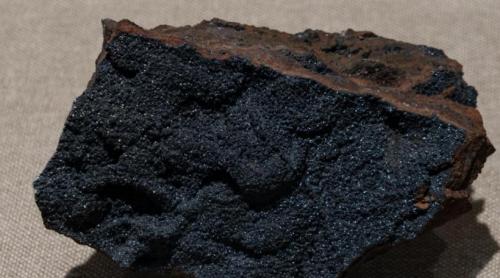
The Romanian Ministry of Defense claims it was not informed by the Dutch Government about the allegations that the Hawk missiles it bought from the Dutch caused cancer to their human handlers.
Cornelis van der Knaap, the Dutch deputy minister of defense, told the Dutch parliamentarians to the contrary, that the Romanians were fully informed about the controversial nature of their buy, and they were still very happy with it. The sell of Hawk missiles to Romania prompted a parliamentary debate in the Dutch Lower House; on 1 February this year, Krista van Velzen, a socialist MP, asked the deputy minister van der Knaap about the 23.5 million euros contract. "Given the certainty that the Romanian military will acquire the missilesâ launching systems I would like to know if the Romanians were informed about the health issues presumably caused by them. Wouldnât it be fairer to keep the missiles in The Netherlands, in safe storage, and avoid thus exporting health problems to other countries?" asked van Velzen. To this question, van der Knaap answered at the time: "The debates in The Netherlands are obviously known to Romanians. We do not want to hamper our Romanian colleagues to buy the missiles because these are excellent equipment. The Romanians are pleased with the buy, and so are we. Thatâs all for the moment. In Romania the controversy around the Hawk systems is well known," van der Knaap said at the time.Jurnalul National: Who decided to classify the contract for buying the Hawk missile system?
Ministry of Defense Press Office: The decision was part of the governmental agreement between Romania and The Netherlands.
JN: Who took part in negotiating the contract and who signed it, for Romania?
MDPO: The evaluating commission of the Ministry negotiated the deal and Romtehnica Company signed it for the Ministry of Defense.
JN: Was the Romanian Ministry of Defense informed by the Dutch of the high cancer and other diseases incidence among the military handling the Hawk missiles? If yes, what were the measures taken for protecting the Romanian military from such dangers? Did the ministry ask for the medical files of the Dutch military who filed complaints against their authorities?
MDPO: The Romanian Ministry of Defense was not informed by its Dutch counterpart of the complaints filed by the military against it.
JN: Who decided the time for signing the contract?
MDPO: The time for signing the contract resulted at the end of the negotiations process.
JN: Was NATO consulted on the planned acquisition?
MDPO: NATO has no attributions in that regard; it only asks for the systems to be compatible. Also, other NATO member states operated the Hawks.
JN: Which is the risk to Romanian military to be irradiated? Are there any complaints from the Romanian military that operate the Hawks?
MDPO: All weapon systems which have a radar guiding system present the risk to irradiate the personnel. The gamma radiation frequency ranges from 1 GHz to 300 GHz. The personnel handling this type of systems should observe strict safety rules to prevent exposure to radiations.
JN: Which is the risk to the health of Hawk missilesâ handlers according to the Romanian Ministry of Defense?
MDPO: The risk is there, if the personnel fails to take the necessary protection measures when handling the missiles.
Citește pe Antena3.ro


















